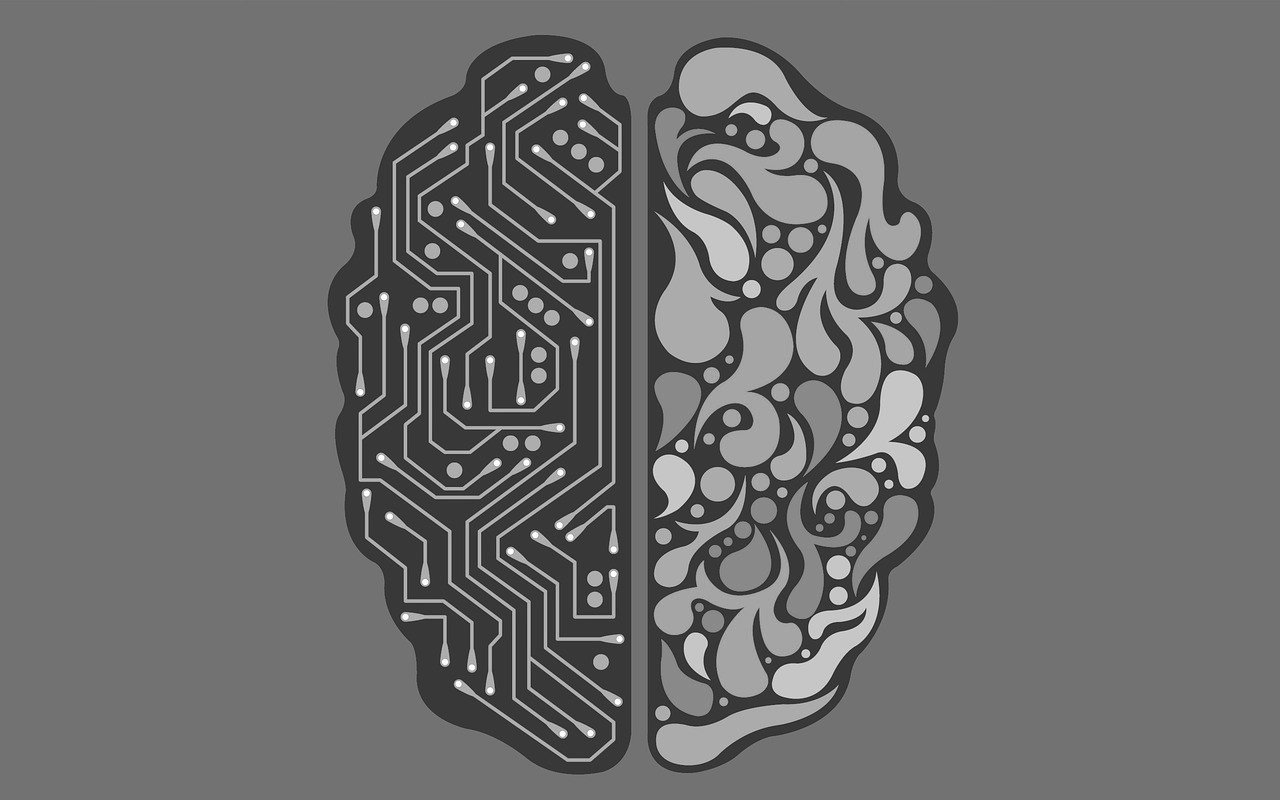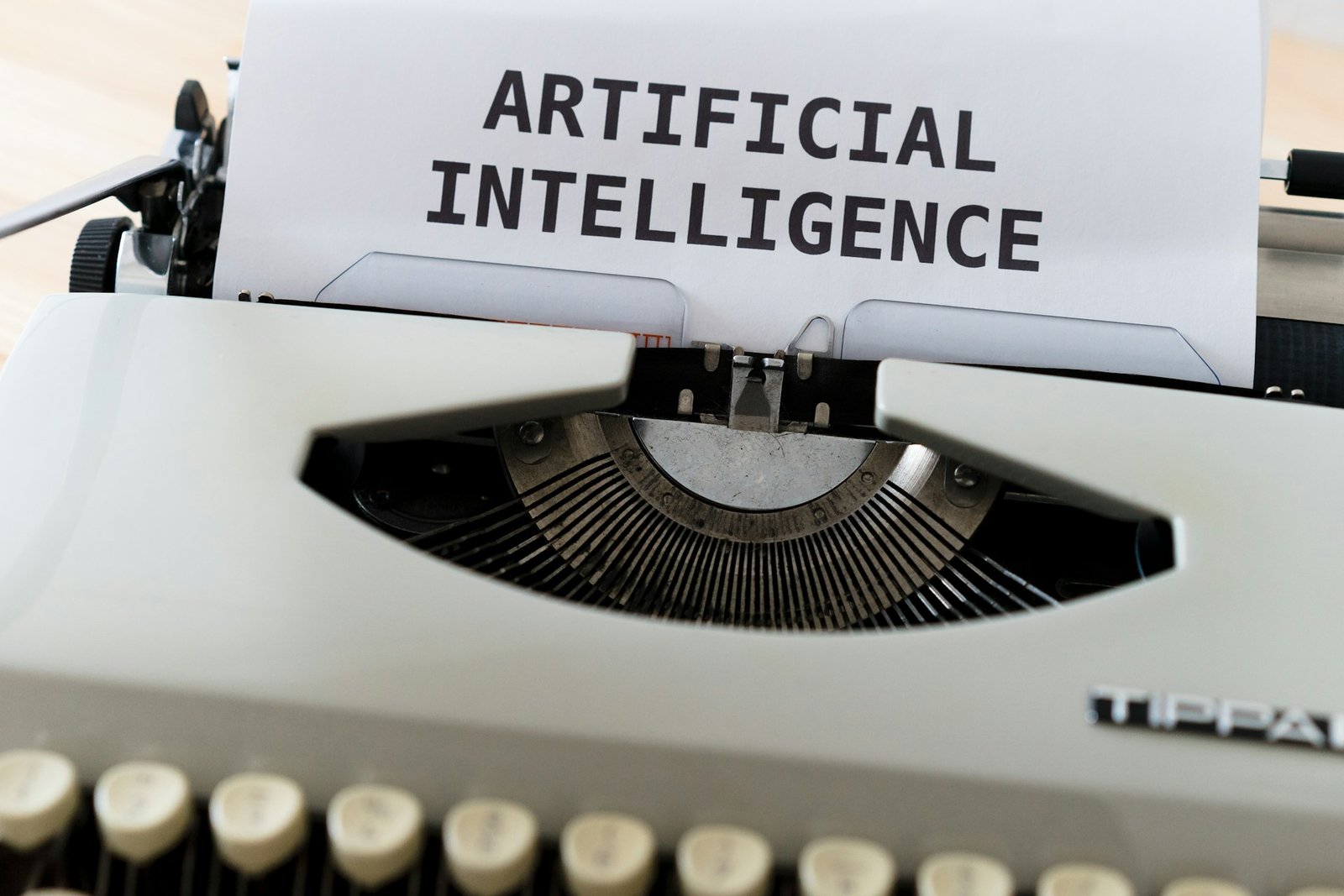
Contents
In an era where digital presence is synonymous with brand identity, creating websites that are not only visually appealing but also highly functional and user-oriented is paramount.
The advent of Artificial Intelligence (AI) has revolutionised the web development landscape, providing tools and platforms that enable developers to construct effective websites with enhanced efficiency.
This post delves into the utilisation of AI tools across various stages of website development—from conceptual design to content generation and user experience optimisation—illustrating how AI-driven techniques can lead to more effective web solutions.

Conceptualisation and Planning with AI
AI tools aid in the early stages of web development by helping to conceptualise layouts and functionalities based on user data and behaviour. This leads to the creation of wireframes and prototypes that are data-driven and user-centric.
Incorporating AI into the planning phase facilitates smarter decisions by predicting trends and user preferences. It enables designers to craft tailored experiences that resonate with the target audience, significantly reducing the trial-and-error approach.
Beyond just the visual elements, AI can assess a vast array of user interaction data to suggest the best user flow and navigation pathways, optimising the overall strategic plan of the website before the development process even begins.
From web hosting sites to integration with popular content management systems (CMS), AI tools can recommend the best platform for hosting and developing your website based on factors such as performance, security, and scalability. It also enables seamless integration of features like chatbots, voice assistants, and recommendation engines for personalized user experiences.
AI-Enhanced Graphic Design
Utilising AI in graphic design results in the creation of dynamic and adaptive visuals that can resonate with a diverse audience. AI algorithms can analyze current design trends and suggest color schemes, typography, and layout structures that align with brand identity and user preferences. By automating routine tasks, designers can focus on creative aspects, pushing the boundaries of conventional design.
AI-powered tools also support real-time design modifications, making it possible to customize visuals based on user interactions and feedback. This adaptive design approach ensures that the website remains aesthetically appealing and functions well across various screen sizes and devices.
Furthermore, AI enhances the graphic design process through the use of machine learning to generate unique graphic elements. These could include customized icons, infographics, or even branding elements that are exclusive to a particular brand, giving companies a visual edge over their competitors.
Content Creation and Optimisation
AI’s capacity to analyze large sets of data and user engagement metrics makes it a potent tool for content creation and optimization. By identifying trending topics and preferred content formats, AI helps in curating relevant and engrossing content that can significantly boost SEO rankings.
Content generated with AI can adapt in real-time to the changing preferences and behaviours of website visitors. This facilitates the delivery of personalized content experiences, improving user engagement and satisfaction.
Lastly, AI-driven analytics can continuously evaluate content performance, suggesting iterative changes to ensure that it stays informative, SEO-friendly, and aligned with user intent. This creates a dynamic content ecosystem that grows and evolves with the targeted user base.
Streamlining Development with AI
When it comes to actual website development, AI streamlines the coding process by providing intelligent code completion and error detection. This not only accelerates the creation of robust and error-free code but also enables developers to work more efficiently.
In addition, AI tools can automate the testing of web applications, quickly identifying and addressing bottlenecks or bugs. This leads to a more seamless and reliable user experience once the website goes live.
AI can also predict future maintenance needs, alerting developers to potential issues before they become problematic. This proactive approach reduces downtime and ensures a consistently smooth performance, which is critical for maintaining user trust and engagement.
Personalization through AI Analytics
AI analytics are a cornerstone of website personalization, offering insights into user demographics, behavior, and preferences. These analytics enable the development of a customized user journey, enhancing the efficacy and user-friendliness of the website.
By leveraging AI to analyze visitor data, websites can serve personalized recommendations, content, and promotions tailored to individual user profiles. This level of personalization fosters a more intimate and engaged relationship between the user and the website.
The power of AI analytics extends to dynamic content adjustment as well. Depending on the user’s behavior, AI can dynamically alter content layout, navigation, and calls to action to optimize for conversions and user retention.
Enhancing User Experience with AI Chatbots
AI chatbots represent a leap forward in improving user interaction and support on websites. By providing instantaneous and intelligent responses, they significantly enhance the user experience, making it more engaging and responsive.
Chatbots powered by AI are capable of handling a wide range of user inquiries with nuanced understanding, learning from each interaction to become more adept in providing accurate and helpful information.
Not only do AI chatbots improve customer service, but they also gather valuable feedback and data that can be utilized to further refine the user experience on the website, creating a cycle of continuous improvement.
Security Enhancement with AI
AI plays a crucial role in enhancing website security by identifying and responding to threats in real-time. Through constant monitoring and predictive analytics, AI systems can detect anomalies that indicate potential security breaches.
Machine learning algorithms allow AI to adapt and improve its threat detection capabilities over time, staying ahead of evolving cyber threats and providing an added layer of security for both the website and its users.
Automation of security protocols also mitigates the risk of human error, ensuring consistent enforcement of privacy policies and regulatory compliance, which in turn builds user trust and confidence in the website’s safety.

In conclusion, AI is a powerful tool for web development that facilitates strategic planning, creative design, content creation and optimisation, code efficiency and maintenance, user personalisation, enhanced experience, and security.
By leveraging the capabilities of AI tools throughout the website development process, businesses can create superior websites that are both aesthetically pleasing and functionally effective in engaging their target audience.
From improving SEO rankings and user engagement to providing personalised experiences and secure interactions, AI is an essential component for building modern and successful websites. With continued advancements and innovations in AI technology, the possibilities for web development are endless.


